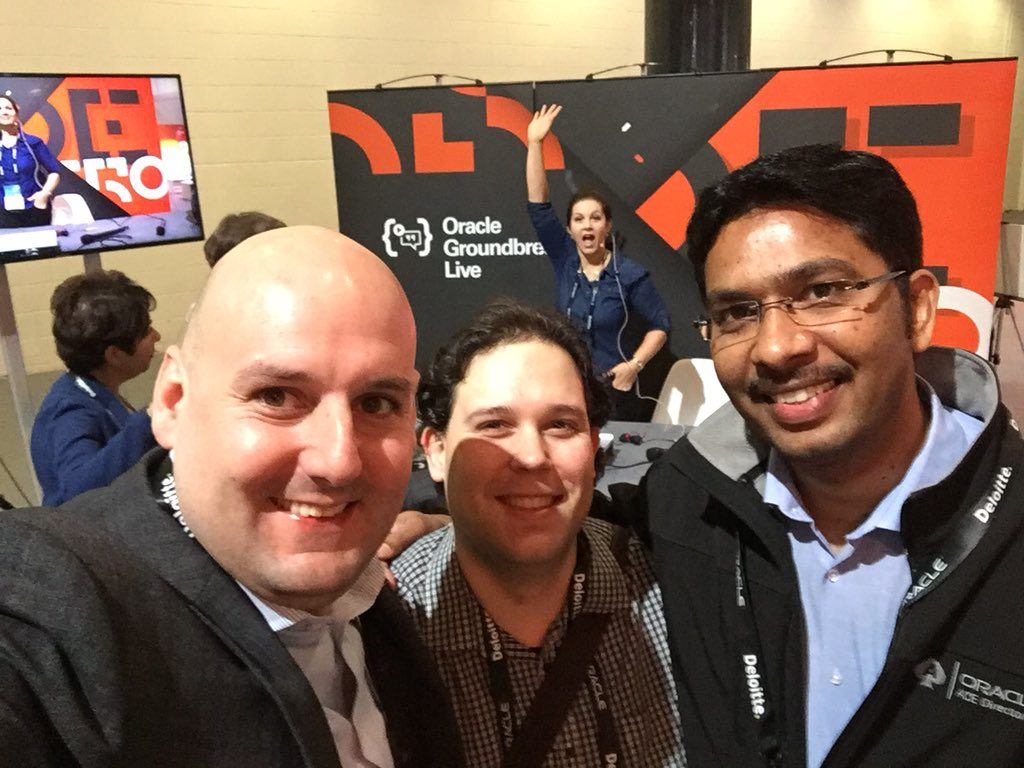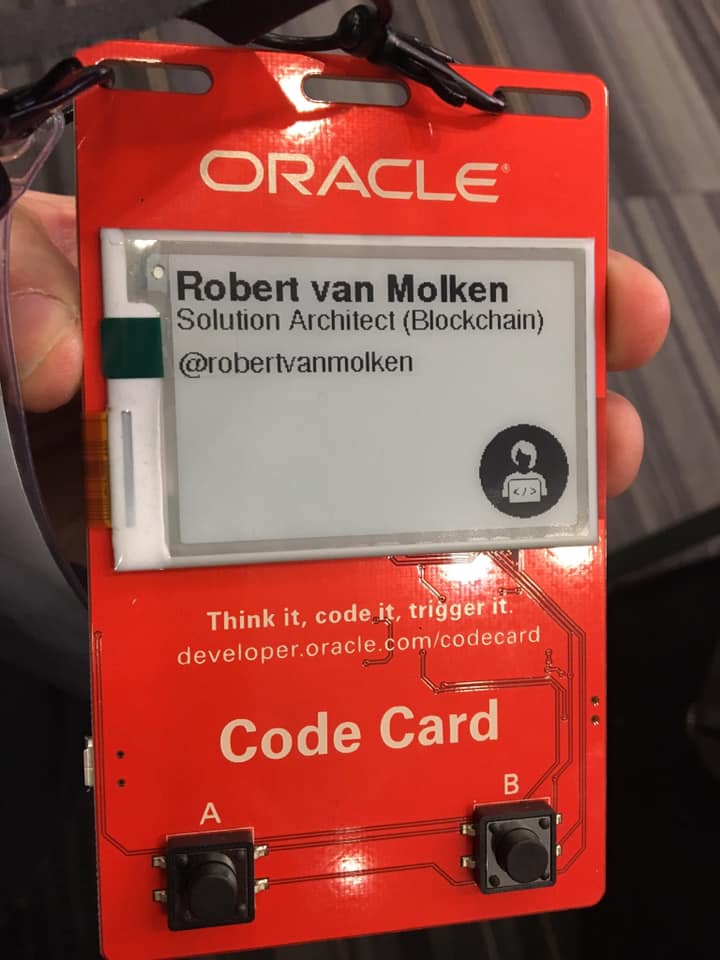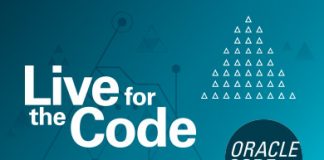Today, the 17th of January, was the second and final day of the first edition of Oracle OpenWorld Europe held in the Excel Centre in London. It was a short day for me as I had to leave early to get my flight back home, but nonetheless it was still an OK morning.
As I did not have to present anymore I went to the conference on time to go see the first sessions of the day. I skipped breakfast so I would be on time for the session about Oracle Database: What’s New and Coming Up Next with Database 19c. A short session that, in about 35-minutes, went over all the new stuff that make this version a database of the upcoming years. If you planned to start using Oracle 18c, just skip that and directly go for 19c, as this is a long-term support version (the last version in the 12cR2 family).
The most important and coolest take-away for me from this session was the automatic index feature. This feature automatically creates and drops indexes on table columns where the engine think they are best suitable. Another feature I liked was the addition of a DB REST API to be able to perform all kinds of Database administration tasks (creating tables, users, and granting privileges).
After that session I met up with fellow groundbreaker ambassadors Luis Weir and Sai Penumuru. Together we visited the Groundbreakers hub and created our own Code Card, an Arduino-based conference badge with e-ink display.

This device lets you program the data that is shown on your badge. To program the device we only have to follow the codecard instructions.

At the Groundbreaker hub the always have the opportunity to participate in one of the live developer interview slots. I already had one planned in advance at 10:30 so after playing a bit with my Code Card badge I went on to be interviewed by Alexa Morales. The interview was live streamed on periscope and can be re-watched down below.
Implementing a blockchain with @robertvanmolken https://t.co/FCqH9lrmzi
— Oracle Developers (@OracleDevs) January 17, 2019
After my interview I was disappointed that there was not really much to do. The morning keynote already started, but instead of there being other sessions like yesterday, there were none, nada, niente. So I began to get a bit bored, so decided to work during the keynote on a customer project (IoT).
Around noon I got some lunch and just before I had to leave to go to the airport I could do one more session. I picked the session Unleash the Potential of Data to Drive a Smarted Business as I wanted to know more about the Autonomous Database, but this session was a bust and not even mentioning the things advertised in the abstract. As I was sitting in the front of the room and sitting next to someone I knew I could not easily leave and stayed till the end.
After the session it was time for me to go to the airport. I met up with some people to say my goodbyes, collected my jacket and luggage and left by cab.
I can truly say that I’m very impressed with this first edition of OpenWorld here in Europe. It was very well organized. A few days ago I would not have imagine it was going to be this busy. Next year I will be back for sure.








